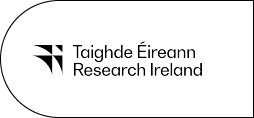The Magna Carta for Data Project
We need to talk about Data Ethics

The Insight Magna Carta for Data Project: The story so far
June 2014, Dublin: After consulting widely with data researchers across Insight, it emerged that there was an organisation-wide concern about the place of the citizen in data research. Data ownership has not been clearly defined. Values vary widely across the many stakeholders, such as academics, applied health researchers, business analysts and social media providers. As Insight operates at the interface of these and many other groups, its researchers felt that an agreed set of values for data ownership, rights and usage was a worthy goal. In June 2014 the Insight Magna Carta for Data Project was born.
February 2015, Brussels: An Insight delegation presented a discussion document, Towards a Magna Carta for Data, in Brussels, to start an EU level conversation about data ethics. The aim was to lift the conversation above the level of data privacy and protection, and to encourage policy makers to look at the rights of citizens in balance with the very real benefits that responsible data research can return for those same citizens.
June 2015, Brussels: Insight participated in a Day of Action on Data for Health and Science that focused on the specific ethics challenges faced by patients, researchers and healthcare providers when capturing, retaining and using patient data. Insight worked with the European network BBMRI (Biobanking and Biomolecular Resources Research Infrastructure) to organise the Day of Action: BBMRI plans to continue the conversation in Dublin later in the year.
September 2015, Dublin: Ongoing consultations within Insight identified the need to broaden the conversation beyond the business, health science and computer science community, and to draw in perspectives from social science and the humanities. As part of the Predict Conference in the RDS, Insight will hold a data ethics workshop: Towards a Magna Carta for Data to explore more areas that a Magna Carta for Data should address, and to frame questions for further discussion.
November 2015, Oxford: Prof Barry O’Sullivan presents the concept of the Magna Carta for Data at a conference hosted by the Alan Turing Institute in Oxford University.
February 2017, Dublin: The Royal Irish Academy publishes Towards a Magna Carta For Data, Barry O’Sullivan. Expert Opinion Piece: Engineering & Computer Science Committee, Royal Irish Academy.
Towards a Magna Carta for Data: Insight’s data ethics workshop at Predict 2015
Date: 17th of September 2015 
Venue: RDS, Simmonscourt Road.
Read the speaker presentations below:
Pauline Walley SC’s paper: A bill of rights for a digital age
Dr Simon Foley’s presentation: Data security and privacy
Prof Rob Kitchin’s presentation: Ethics and politics of Big Data
Dr Heike Felzmann’s presentation: Trust and responsibility in Big Data practices
Dr Vivien Rooney’s presentation: Informed consent
Read the workshop report here
Brussels February 2015: Europe Needs a Magna Carta for Data
What is Ireland’s responsibility to data ethics?
As one of the busiest hubs for data research in the world, Ireland must take a leadership role in exploring and defining data ethics. Rapidly evolving technology is enabling industry and government to make wider use of data, but we cannot allow the application of data analytics to overtake policy and legislation that will protect the rights of all involved. Rights and responsibilities must be embedded within data analytics at the level of research and development. Now is the time to act.
What is Europe’s responsibility to data ethics?
The era of Big Data is upon us. Big Data has significant implications for the justice, freedom and security of citizens. Article 16 of the Treaty on the Functioning of the EU stipulates that “everyone has the right to the protection of personal data concerning them”, however the Big Data age needs a more elaborate policy and legal framework than we currently have. Citizens require practical tools and services that will provide them with secure access based on trust and control of their own personal data.
On the other hand, Big Data promises significant benefits for the European economy. The European Strategic Research and Innovation Agenda suggests the establishment of an inventory of roadblocks inhibiting a flourishing data driven economy, and the collection of observations about the discovery of new legal and regulatory challenges along with the implementation of state-of-the-art technology and the introduction of new technology.
Europe has a responsibility to introduce a legal framework that balances these two values for the benefit of the individual, the society and the economy.
What would the Magna Carta for Data look like?
- The Magna Carta for Data would lay out the rules of engagement for the creators, users, owners, researchers and analysts of data
- It would balance the interests of individuals, communities, researchers, industry and government;
- It would follow a period of consultation during which existing definitions of property, privacy and public good would be examined the context of this new resource;
- It would anticipate the challenges to come;
- It would articulate rights-based legislation supported and implemented by a technical infrastructure;
- It would enshrine policies and legislation commensurate with the Data Age.
- The Magna Carta for Data secures our future. It provides assurance to European citizens that their trust in Big Data is not misplaced. But indeed the Magna Carta is not only for individual users – it also needs to safeguard society by enabling access to data when necessary for societal benefit.
For society and the economy to enjoy the benefits of Big Data, we must address public concerns and create a fair platform that everyone can trust. The Magna Carta for Data will create a solid foundation for all of the European Union to thrive upon.
Magna Carta for Data Discussion Paper
Contact: Barry O’Sullivan

